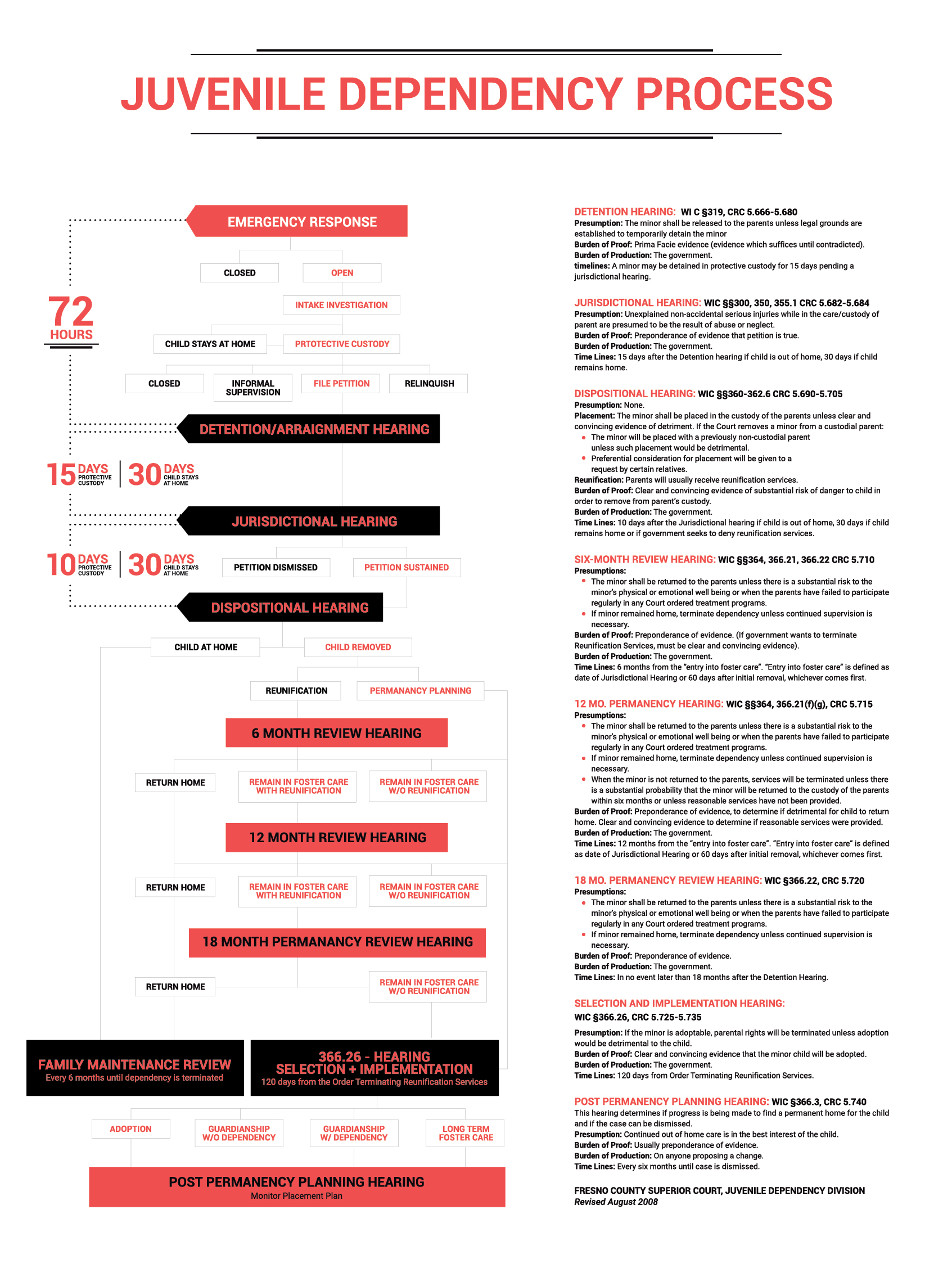Why do some individuals struggle with emotional dependency or impostor syndrome? Psychological research provides valuable explanations into these behaviors, helping us understand their roots and possible solutions.
In this article, we will delve into the scientific foundations behind procrastination, emotional dependency, and impostor syndrome. By understanding the science behind these challenges, you can take actionable steps toward self-improvement.
What is Procrastination?
Procrastination is not just laziness; it’s a complex psychological phenomenon. Studies in neuroscience show that conflict between brain regions often leads to procrastination.

The limbic system, which governs emotions and immediate gratification, tends to override the prefrontal cortex. This results in delaying tasks over long-term goals. Techniques like mindfulness and CBT can help rewire these patterns.
What is Emotional Dependency?
Emotional dependency has its roots in psychological attachment. Studies suggest that childhood experiences and relational dynamics play a significant role in shaping dependency behaviors.
For example, those with anxious attachment tendencies may struggle to feel secure without constant validation. To overcome emotional dependency involves addressing these attachment wounds through practices like journaling, therapy, or mindfulness-based techniques.
The Cognitive Science of Impostor Syndrome
Impostor syndrome is rooted in cognitive distortions, such as overgeneralization and perfectionism. Psychological research indicate that individuals with impostor syndrome exhibit thought patterns that undermine their confidence.

These distortions lead to a “fear of being found out” and a reluctance to internalize achievements. Strategies like cognitive reframing and mindfulness-based stress reduction (MBSR) are scientifically backed ways to combat these feelings.
How to Overcome These Challenges Using Research-Based Strategies
Gaining a scientific perspective is the first step, but implementing evidence-based solutions is critical. Here are key research-supported techniques:
- Procrastination: Use implementation intentions—specific plans that link a goal to a cue, such as “If it’s 9 AM, I will start writing my report.”
- Emotional Dependency: Practice síndrome de impostora self-differentiation, a technique where you focus on identifying your own needs separate from others’ expectations.
- Impostor Syndrome: como se livrar de dependência emocional Keep a success journal to document your accomplishments and review them regularly to challenge distorted self-perceptions.
o que é ter dependência emocional
These approaches have been validated through extensive research, making them effective pathways to improvement.
Conclusion: Science as a Guide to Personal Growth
Procrastination, emotional dependency, and impostor syndrome are not insurmountable when you understand their scientific underpinnings. By addressing the brain’s tendencies, psychological patterns, and cognitive distortions, it’s possible to create lasting positive change.
Awareness is the key to growth. Take the first step today by applying these strategies to build resilience and confidence.